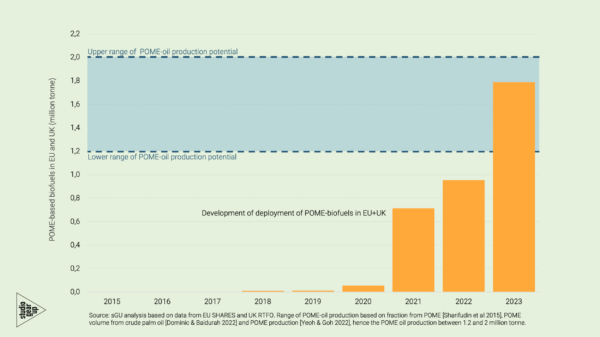
1st April 2020 Carlo Hamelinck has joined studio Gear Up as one of the three partners. Carlo’s more than twenty years experience in sustainable bioenergy and international consultancy services is a valuable addition to the service portfolio of studio Gear Up.
Carlo will dedicate his strategic thinking to what both corporates and government bodies can do to mobilize and procure sustainable biomass and how to enlarge the feedstock base for biochemistry and fuels for transport.
Also, Carlo will help to understand the energy needs for transport and other sectors in the years to come. This can be both at the level of states and regions, as well as for individual companies and sectors.
Carlo has a background in engineering and holds a PhD on advanced biofuels and international bioenergy supply chains. More background can be found here.


